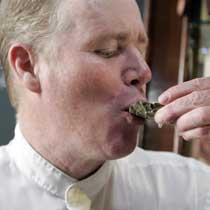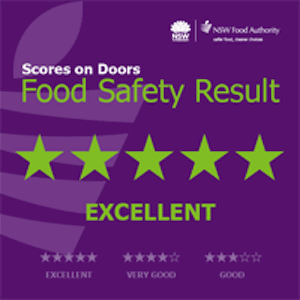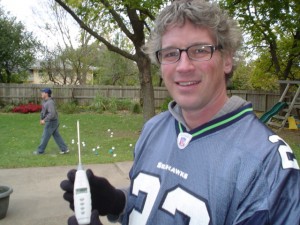We’ve signed up for our first hockey tournament (the ice kind) in New South Wales at the Big Banana in Coffs Harbour in October, so I’ll be looking for scores. I’m coaching, the kid is playing, and Amy is volunteering.
 Bega Valley Shire Council and local food businesses are being congratulated for joining the recently refreshed and improved Scores on Doors program, a star rating system based on the outcome of a routine unannounced food hygiene and safety inspection of a food business.
Bega Valley Shire Council and local food businesses are being congratulated for joining the recently refreshed and improved Scores on Doors program, a star rating system based on the outcome of a routine unannounced food hygiene and safety inspection of a food business.
Speaking at the Food Regulation Partnership food retail meeting in Merimbula today, Thursday 31 July 2014, the NSW Food Authority’s Director of Compliance, Investigation and Enforcement Peter Day said the council’s decision to join the program was already proving a drawcard for the area’s food businesses and their customers – locals and visitors alike.
Mr Day said in recognition of the Bega Valley Shire region’s commitment to the program the NSW Food Authority was taking the opportunity to launch a new video promoting the Scores on Doors program during its regional visit to Merimbula.
Bega Valley Shire Mayor Cr Bill Taylor said of the 250 eligible food businesses in the various villages and towns across the Bega Valley Shire 30 had already signed up to the program.
“The Scores on Doors initiative is an effective marketing tool for each of the areas within our shire to promote the standard and quality of the hygiene and food safety of local food businesses,” Cr Taylor said.
“Joining the Scores on Doors program represents a great opportunity for them to collectively promote our shire’s level of food safety compliance to locals and visitors alike.
“I applaud those businesses that have already signed up and encourage those who haven’t yet to get on board.”
Further information about the Scores on Doors program and other food safety initiatives can be found at www.foodauthority.nsw.gov.au/scoresondoors.






.jpg) AUSTRALIA – Currently the NSW Food Authority is investigating 49 cases of Salmonella poisoning, suspected to be from consuming foods containing raw egg.
AUSTRALIA – Currently the NSW Food Authority is investigating 49 cases of Salmonella poisoning, suspected to be from consuming foods containing raw egg. food safety breaches in the six months from July 2011.
food safety breaches in the six months from July 2011. complain about threats to their food safety,"
complain about threats to their food safety,".gif) 2010/11, Ms Hodgkinson said.
2010/11, Ms Hodgkinson said.